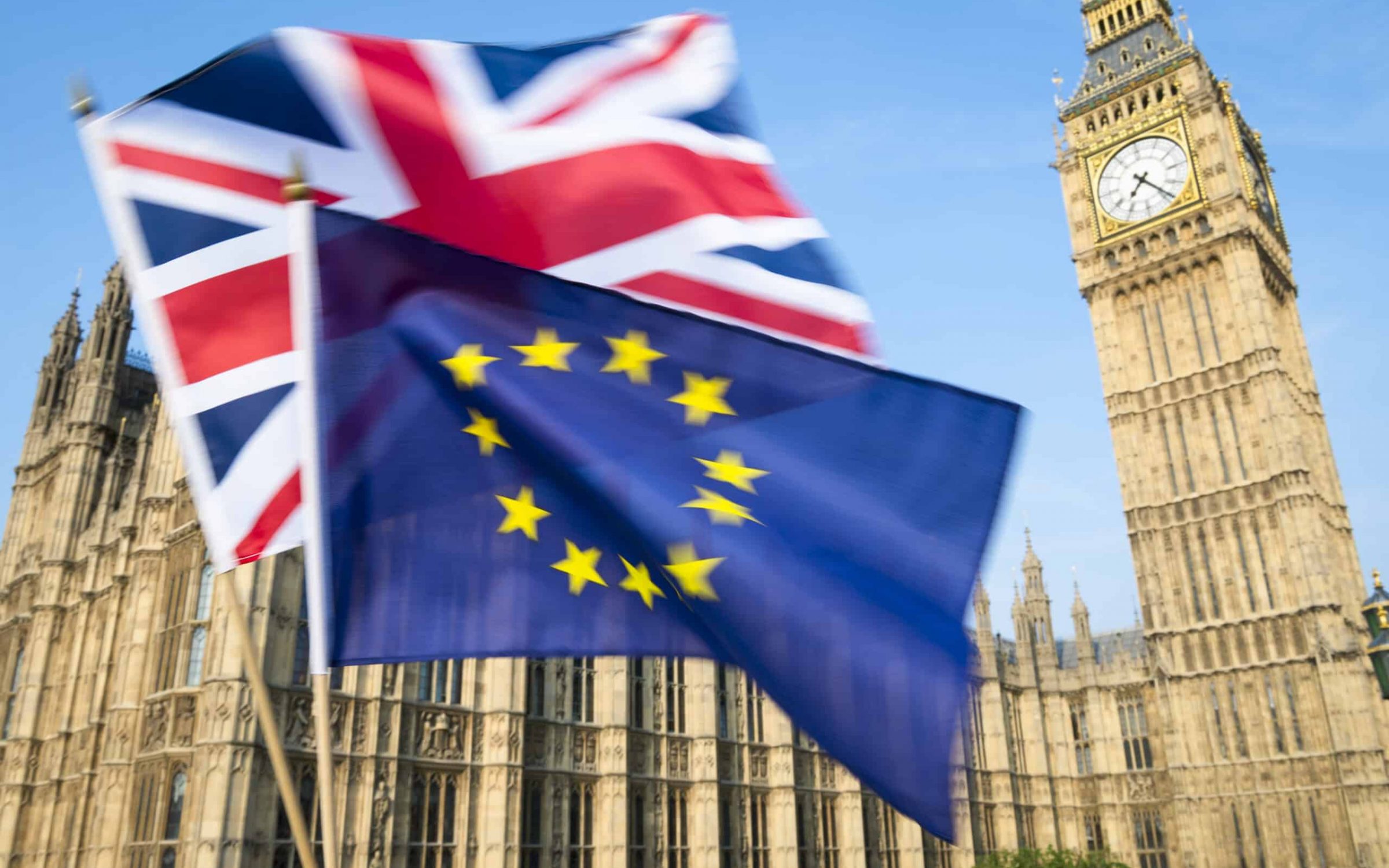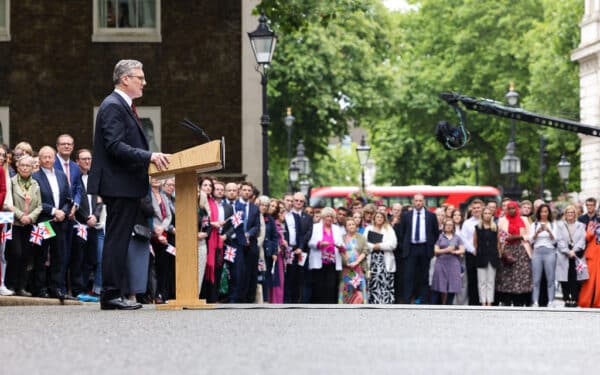Johnson’s candour inspires deep sympathy. The frank admission of his own flaws. The clear sense of responsibility. The tears on recollection of his father’s reaction. Yes, he went through a forensic investigation and independent judicial process. Yet, he received a harsh sentence – others escaped justice. He atoned – have they? It is hard not to feel Johnson is a ‘sin eater’.
Of course, I don’t mean Boris. That big blond bounder is hardly lachrymose. He erred badly during Covid and then wasn’t utterly candid. The Johnson who stirred my sympathy was part of the marginalised mass – a man called Peter.
He’s the trader imprisoned after ‘whistleblowing’ on the rigging of LIBOR and EURIBOR rates around the turn of the Millenium. That collusive enterprise was reprehensible. However, it worked for many banks, politicians and borrowers (let’s be frank – most of us). Authorities turned a blind eye because we were, perhaps still are, a society of credit junkies.
What’s that got to do with Boris and a reflection on Brexit seven years on this week since the vote?
Well, if Peter Johnson was a sin-eater for our society’s addiction to ‘easy’ credit, Boris and Brexit are being similarly vilified for the sins of others. Plus, there’s a thread between Brexit and debt.
So much of the gleeful chattering-class commentary about Boris last week wasn’t really about his Covid policy. It began with the line that Brexit was ‘won on lies’, ergo Boris is a liar. Oh, and he did it again on Covid.
First, let’s nail the idea that Brexit was won on lies. Do you remember the red bus? Do you remember the ridiculed pledge of ‘£350m a week’ towards the NHS. Take a look at how much NHS spending has actually increased – from £142bn in 2016/17 to £180bn in 2020/21 – an extra £730m a week, even after Covid spending. Whether or not that is sustainable is a different matter.
Moreover, Boris’s famous ‘two letters’ moment was an act of intellectual clarity and candour – perhaps his high watermark. The referendum was actually won on truth.
Since then we’ve had the ‘Seven Year Bore’. Remainers blaming every woe on Brexit and Brexiters trumpeting every trade deal – however slender. Yet, undoubtedly, the most saddening spectacle has the been the covert Continuity Remainer campaign.
Last week we had Mark Carney popping-up to tell us that Brexit is the root cause of UK inflation. That’s not true of course – he’s just peddling the scapegoating, sin-eating line.
The root is our addiction to easy credit. That goes back well beyond Peter Johnson, let alone Boris. Artificially low interest rates for years made us vulnerable to shock. Then what a shock we got with Covid, the War in Ukraine and screwing our energy policy to the quivering mast of Net Zero.
Our systemic addiction to easy credit and those shocks meant the Bank of England injected £450bn to the system – while Carney was Governor. Then like dodgy dealers, our major retail banks sampled the product as they cut up packets of credit for the rest of us. It won’t do us good in the long run.
Brexit is actually the easiest path away from credit addiction. It’s the most obvious route to stimulating economic growth we need: cut tax and deregulate over-burdened markets.
Many eminent business people – folks like Sir Rocco Forte – recognise the imperative to stimulate growth. Yet the current Government is shambling about – raising tax levels and clinging to unnecessary regulations. Oh, and it’s revived Theresa May’s supine approach to EU negotiations. All of that is weak, dependent stuff.
The Brexit Referendum was just a decision about departure. It did not define direction, let alone destination but it set us on a path. Yes, there was some attendant risk but a wealth of opportunity.
We need to show enterprise and realise that opportunity. We need to stop begging favours from the EU, hoping for smoother access into a single market which never really existed for Financial Services anyway.
We need to engage with the rest of the world with confidence and commitment. In the City, we need to search for tech opportunities to finance (not just FinTech) and we need to be more active in financing international trade. We need to edge off LDI and revive our once proud equity markets.
We need to move on from ‘sin eating’ and grasp the opportunities of Brexit. We can do it. We can stand proud once more. Yes, Mr Carney – even you.
Mark Wheatley is a local politician and consultant in the City of London. He writes and speaks on international public affairs and trade.
Write to us with your comments to be considered for publication at letters@reaction.life




